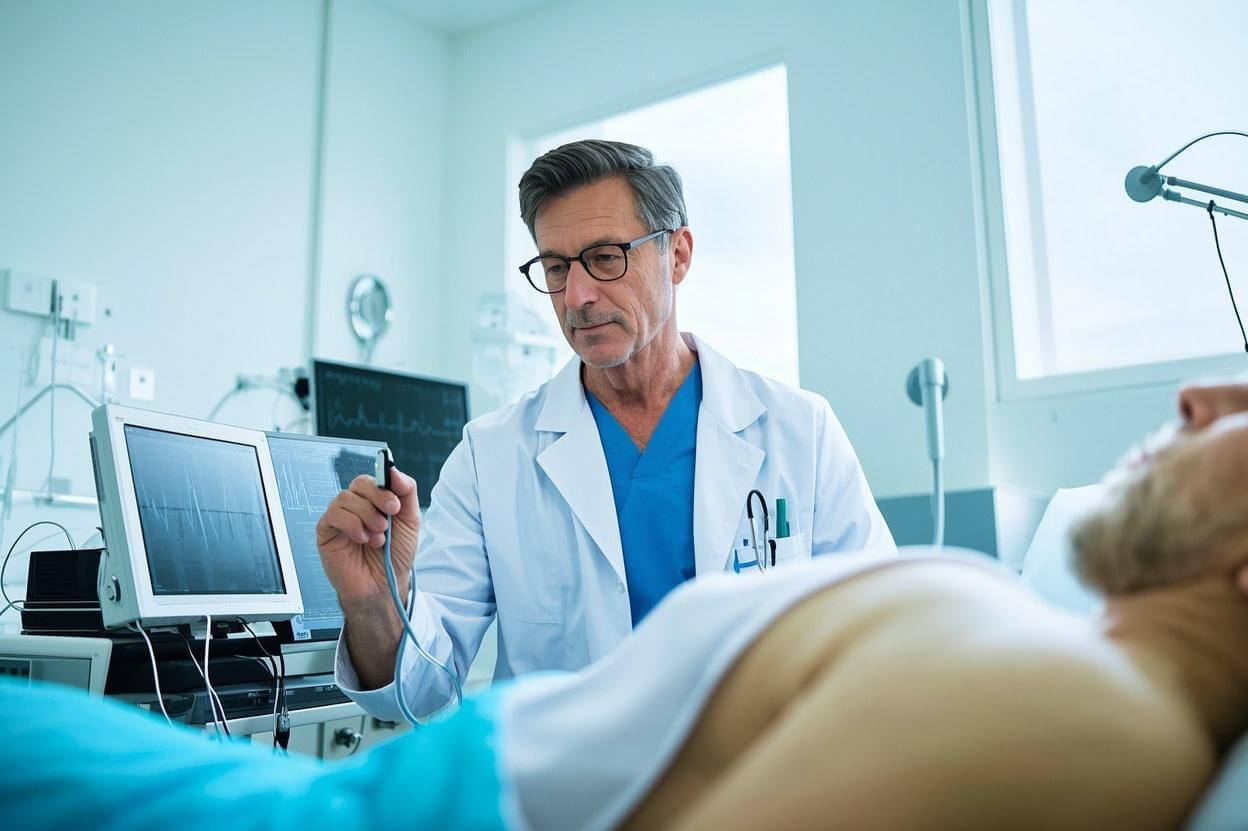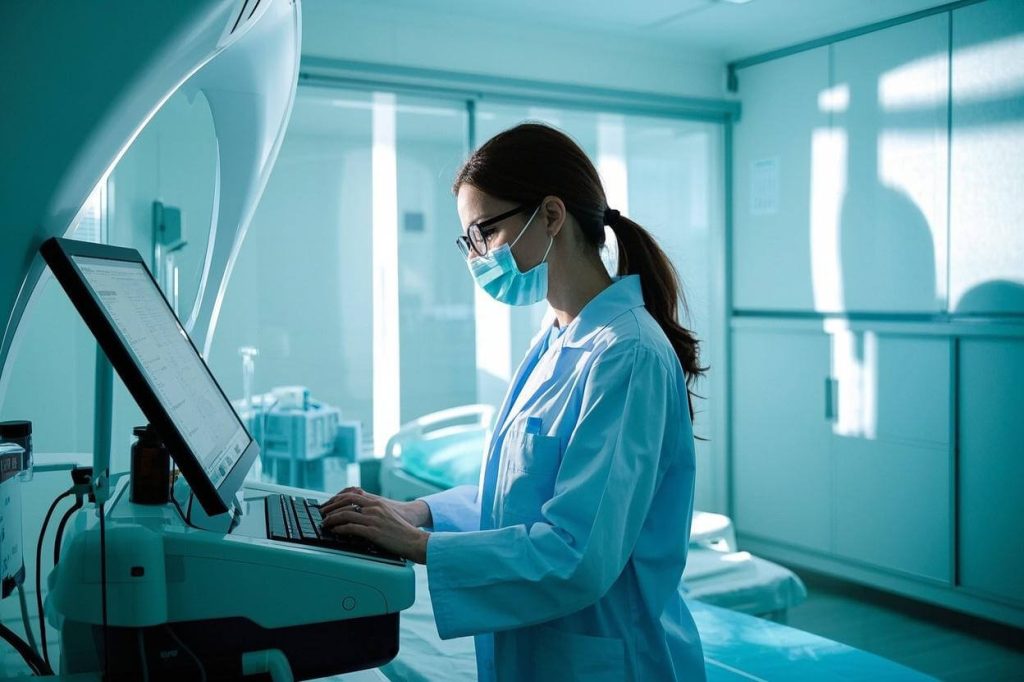

At present, there is a Helicobacter pylori project in many medical examination packages.
FAQ: What is Helicobacter pylori?
Helicobacter pylori (H.P.) is a kind of spiral bacteria existing in the stomach and duodenal bulb.
FAQ: How does Helicobacter pylori affect your life?
Helicobacter pylori is a first-class carcinogen certified by the World Health Organization. The consensus report on the treatment of Helicobacter pylori infection shows that infection with Helicobacter pylori will:
- 1. cause stomach disease
The self-care mechanism of gastric mucosa will be affected, and the entire internal environment of the stomach will be affected. Gastric acid, protease, and even insoluble mucus will be destroyed by Helicobacter pylori, leading to gastritis. - 2. Causes stomach ulcers
Helicobacter pylori will make the gastric mucosa, esophageal mucosa and even duodenal mucosa become weak, and then after the corrosion of gastric acid and bile, it will lead to gastric ulcer if it can not be repaired in time. - 3. Bad breath
Helicobacter pylori not only parasitizes in the stomach, but also exists in the oral cavity, leading to an increase in dental plaque, which in turn induces bad breath, and gastropathy caused by gastritis may also have symptoms such as acid regurgitation and belching, causing bad breath and producing unpleasant smell. gas. - 4. Stomach cancer
The emergence of gastric cancer has a certain relationship with Helicobacter pylori, because the metabolites of this bacteria will directly damage the gastric mucosa, leading to repeated inflammation in the stomach, which can easily lead to serious lesions in the gastric mucosa, resulting in gastric cancer.
FAQ: Is Helicobacter pylori contagious?
will be contagious
The infection of Helicobacter pylori often has small-scale aggregation. Eating together, sharing tableware, sharing toothbrushes, kissing, etc. will increase the chance of infection. Health habits are not good. If you don’t wash your hands after defecation, bacteria are likely to pass through the entrance.
Here also want to remind the elders, do not chew food and then feed to the child, this habit can easily lead to children infected.

FAQ: What groups of people need attention?
If you have the following symptoms, you need to pay attention to whether you have been infected with Helicobacter pylori:
- 1. Obvious bad breath
This is because when Helicobacter pylori infection occurs in the stomach, the urease produced will be decomposed and excreted from the body through the digestive tract. Ammonia will be produced in this process, and people will have bad breath. - 2. Abdominal distension and abdominal pain
Because bacteria multiply in the body, they will continue to damage the gastric mucosa, so people will have abdominal distension and abdominal pain. Generally, this situation will be more obvious after meals. In severe cases, they will still want to vomit. In addition, they suffer from peptic ulcer, Chronic gastritis, gastric cancer patients or those with a family history of gastric cancer who have long-term use of aspirin and tired drugs. People with gastroesophageal reflux need to be vigilant.
FAQ: Is it necessary to check for Helicobacter pylori?
It is necessary
For people with a family history of gastric cancer, it is very meaningful to screen for Helicobacter pylori. If it is found to be positive, it should be cured as soon as possible.
FAQ: What are the ways to check for Helicobacter pylori?
Detection of Helicobacter pylori infection mainly includes.
- 13C or 14C breath test.
- serological detection of anti-Hp antibodies.
- antigen assay.
- gastroscopy biopsy, etc.
In physical examination, we commonly use carbon 14 or carbon 14 breath test. Its detection method is very simple, which can be completed by blowing breath. It is convenient, sensitive, and has a high detection rate and coincidence rate. It is the most popular method for detecting Helicobacter pylori in recent years.
Carbon 13, carbon 14 detection method:
The examinee took an oral urea [14C] capsule with about 20ML of cold boiled water on an empty stomach. After sitting still for 25 minutes, he blew it into the carbon dioxide absorbent with a disposable blowing pipe, and then returned the blown sample to the doctor for testing. The testing was completed.

